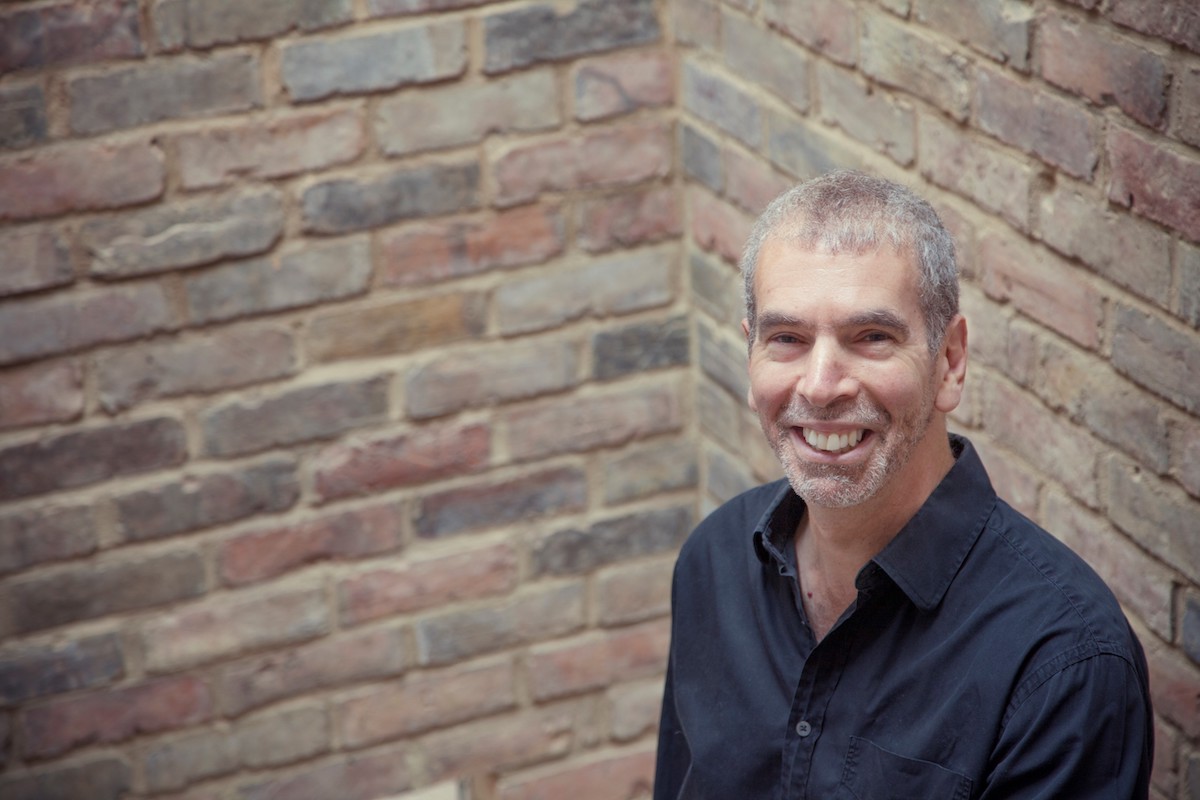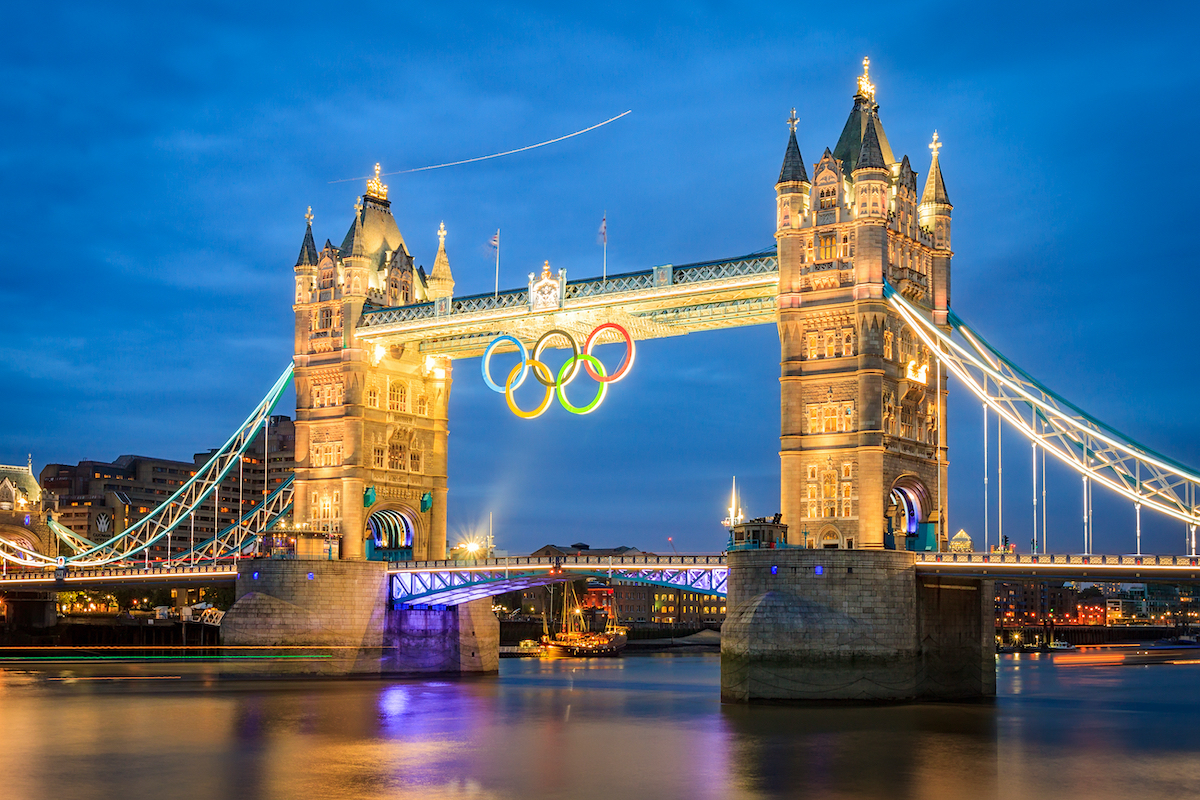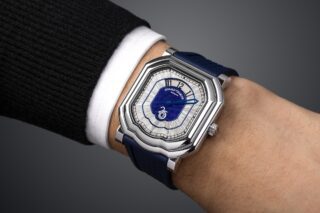This website uses cookies so that we can provide you with the best user experience possible. Cookie information is stored in your browser and performs functions such as recognising you when you return to our website and helping our team to understand which sections of the website you find most interesting and useful.
Writer David Bodanis explains the benefits of fairness in a world gone mean
By David Bodanis | 6 January 2021
Do nice guys always finish last? The futurist author gives his take on creating a culture where aggression isn’t needed to reach your goals

I have always been struck by how some people can rise to the top by being horrible human beings while, at the same time, it remains entirely true that nice guys finish last. The problem with nice guys is that they can be taken advantage of; they lack authority and tend to try and help rather than encourage others to move forward. Bullies are the exact opposite, but may find their success is short lived. So, is there an intermediate ground between the two extremes?
In 2012, Hollywood director Danny Boyle created the opening ceremony of the London Olympic Games with a total cast and crew of more than 10,000 people, and yet not a single word, photo or hint was leaked to the world before the night itself. He managed this through the art of fairness.
Where other organisations might subject volunteers to fierce non-disclosure agreements and confiscate mobile phones, the Slumdog Millionaire Oscar-winner took a different route, combining his sense of decency with a healthy dose of street smarts and cunning. Boyle employed highly experienced professionals to sift through his 10,000 volunteers to ensure they could be trusted; he listened to his peers (London 2012 chairman Seb Coe suggested they ask volunteers to ‘save the surprise’ rather than ‘keep the secret’); and he led by example, so ceremony participants would later describe feeling that Boyle was, crucially, on their side. They were all in it together.

We know bullies can succeed in the short term and there are, admittedly, certain advantages to being a terrible person. Fear will inspire obedience, even if someone disagrees, and cynicism can help you view the world more objectively, allowing you to make difficult decisions very quickly and unemotionally. But there are major disadvantages to arrogance and aggression. People don’t want to be diminished or yelled at, and so they will withhold accurate information in order to keep the peace. Resentment builds and loyalty is non-existent, causing people to quietly leave organisations for environments where they can thrive.
But fair leadership isn’t about being ‘soft’. American baseball coach Leo Durocher was infamous for his aggressive leadership style when his team, the Chicago Cubs, were number one in the 1960s. Now, professional athletes
know discipline – they can push themselves to the limit and take a verbal beating – but Durocher was mean about it. He was personal, and the result was that his players hated his guts. They lost the 1969 series to the New York Mets whose coach, Gil Hodges, was widely regarded as the most decent man in baseball. Hodges was by no means soft. He was a coalminer’s son, a combat medal-awarded veteran, a baseball player turned coach, and an uncompromising leader – but he had his players’ respect.

Fair leadership also allows for greater success when dealing with outside threat. Former Microsoft CEO Steve Ballmer built impenetrable walls against outsiders, dismissing Apple and Linux out of hand and missing every new development. When he left Microsoft, the stock price immediately went up by something like 10% – the ‘Ballmer Bump’ – and he was named the worst CEO in America by Forbes. Satya Nadella, who replaced Ballmer, turned Microsoft around by inviting collaboration with outsiders and other companies, employing another major strength of decent leadership: making great alliances.
Leading with decency is equally powerful in business and warfare, from the ability to foster alliances to inspiring your troops. As Abraham Lincoln famously said: “I destroy my enemies when I make them my friends”.
This is, by no means, about being a ‘nice guy’, but about creating a culture where aggression isn’t needed to reach your goals. This style of leadership invites a highly accurate flow of information and creativity, where people are encouraged to be honest and take ownership. It’s easier to get buy-in on difficult decisions, because being up front builds trust. Instead of resentment, you get gratitude – which is an incredibly powerful tool.
And personally? There are many advantages and strengths that come with being a fair leader. You’ll receive clear information, be able to assess things authentically and develop a culture of gratitude and generosity, but you’ll also have the satisfaction of knowing you have succeeded in the right way, without putting stumbling blocks in anybody’s path.
'The Art of Fairness: The Power of Decency in a World Gone Mean' by David Bodanis was released by Bridge Street Press in November 2020







